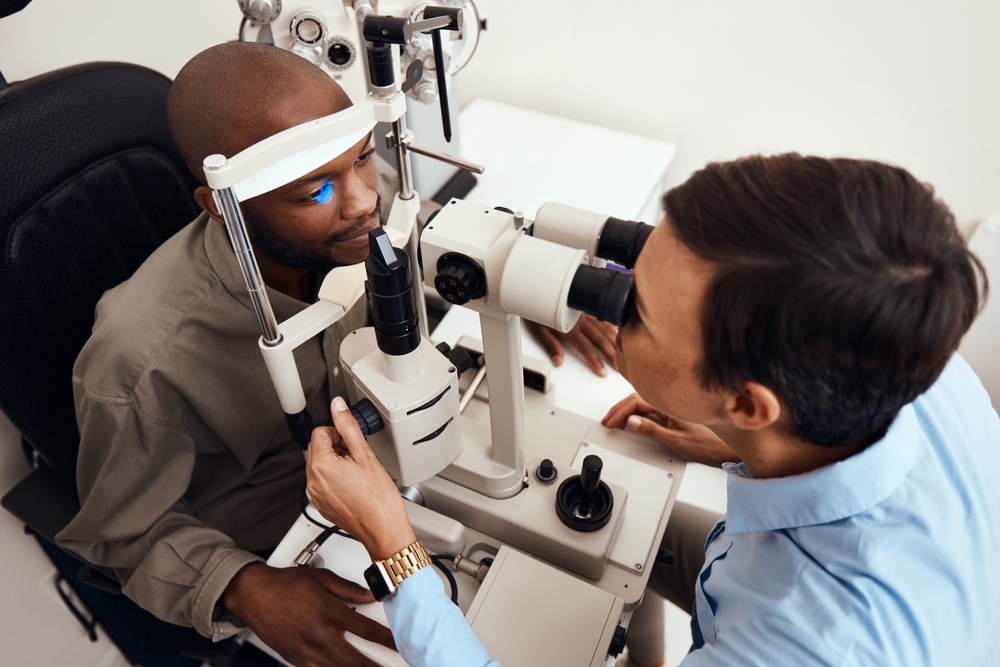
Regular comprehensive eye exams are essential for vision and eye health. However, their benefits can go well beyond ocular health. Research shows that regular eye exams can identify several health conditions. A comprehensive eye exam is one of the few exams allowing physicians to look inside the body without invasive procedures or blood tests.
Essentially, the eye is a window into various health conditions. Sometimes, eye doctors are the first to diagnose a health condition since the first signs may appear in the eyes. Your eye doctor can discover much about your general health without asking about your medical history. The eye is the only place in the body where part of the central nervous system is visible.
Some of the information your eye doctor can glean about your overall health during a comprehensive eye exam includes:
High Blood Pressure
Not all bleeding in the eye is a sign of a severe problem. Sometimes, sneezing or coughing too hard can cause bleeding. However, it can also be a sign of hypertension, presenting as a tiny blood vessel breaking and leaking in the white of the eye.
Eye swelling is another sign of underlying high blood pressure. When you have chronic hypertension, your retinal arteries may stiffen, causing eye bulging.
Diabetes and Diabetic Retinopathy
Diabetes is a tricky disease. You may have perfect vision and not show any symptoms. However, an eye doctor can spot signs indicating underlying diabetes. Also, blurred vision can signal other medical problems apart from a refractive error. For example, diabetes can lead to diabetic retinopathy (DR), a progressive eye disease that damages retinal blood vessels, causing clouded vision.
According to the CDC, DR is a leading cause of blindness in adults. Your eye doctor can detect this condition through a comprehensive eye exam and recommend the appropriate treatment to stop or slow its progression.
Cardiovascular Disease
There is a connection between your eye health and the health of your heart. A comprehensive eye exam can detect various cardiovascular conditions, often before you even realize there is a problem. Your eye doctor can spot evidence of clogged arteries, ischemia, and other heart conditions.
Thyroid Disease
Whether you have hypothyroidism or hyperthyroidism, you can develop thyroid eye disease. The severity of thyroid changes can vary and involve either one or both eyes. Some of the symptoms of thyroid disease include:
Eye bulging
Eyelid changes
Dry eye
Double vision
Compression of the optic nerve
Rheumatoid Arthritis
Dry eye is the most common symptom associated with rheumatoid arthritis. People with this condition may also experience inflammation of the sclera and episcleral, inflammation inside the eye, and peripheral corneal ulcers.
Eye inflammation can lead to eye redness and pain. A comprehensive eye exam will reveal these symptoms, allowing your doctor to recommend the appropriate intervention.
Conclusion
These are just a few disorders that an eye doctor can diagnose. That should help you understand the importance of getting regular comprehensive eye exams. Indeed, the American Academy of Ophthalmology recommends comprehensive eye exams even for those with no risk factors or signs of eye disease.
For more on eye exams, visit Eyes of Starwood at our Frisco, Texas, office. Call (972) 544-4300 to schedule an appointment today.








